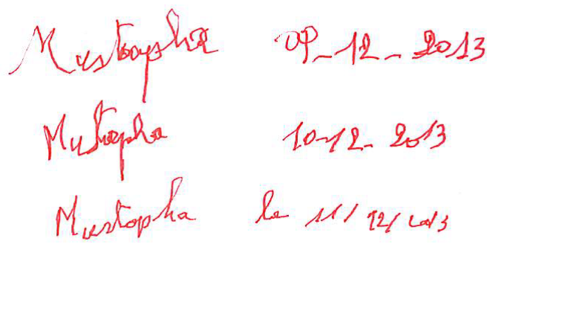Morbus Parkinson

Parkinson's disease is a deficiency disease. Conventional neurological medicine says it is a dopamine deficiency disease. But there is more: Traditional Chinese Medicine (TCM) says it is a Jing (i.e. substance) deficiency disease. Naturopathic endocrinology says it is also a steroid hormone deficiency disease, while immunology suggests increased TNF-alpha production, which causes an inflammatory situation.
The expanded perspective of dual medicine thus results in additional diagnostic and therapeutic options - in addition to the conventional medical dopamine adjustment -: TCM can improve the Jing, naturopathic endocrinology can compensate for the missing hormones and cell deficiencies with substances that are as natural or non-synthetic as possible. Immunologically, GcMAF-activated macrophages can slow down TNF-alpha inflammation. M. Parkinson was described as the so-called shaking paralysis by the doctor James Parkinson in 1817. The WHO expects Parkinson's disease to double by 2040.
When the diagnosis is made today, 70% of the dopamine-producing cells have already perished. Symptoms can include the following changes:
- decreased sense of smell
- autonomic regulation disorders such as the body's own heat regulation
- bladder dysfunction
- pain
depression
The problem with making a diagnosis lies in the exact distinction as to whether these are symptoms associated with Parkinson's or completely normal signs of aging. The so-called pulse and tongue diagnostics can provide valuable diagnostic information. This is supplemented by endocrinological laboratory diagnostics of hormone levels. Therapeutically, cell deficits are compensated for using non-synthetic substances from the field of orthomolecular medicine and nature-identical hormones. The early detection of Parkinson's disease also plays an important role.
The ancient serian meridian therapy strengthens the body. The Unified Parkinson Rating Scale, for example, can be used to measure the progression.
Keywords: Parkinson's disease, nature-identical hormones, TCM, Jing deficiency, endocrinology, neurotransmitters, dopamine, kinesia, rigidity, resting tremor
